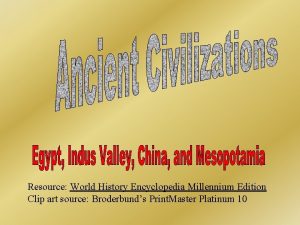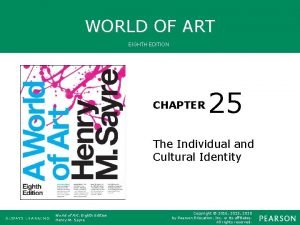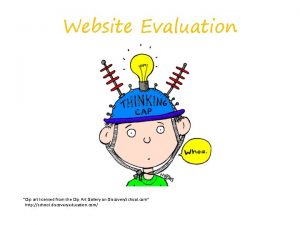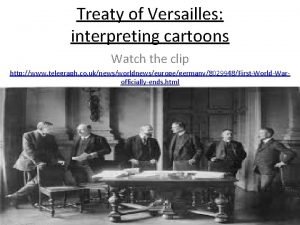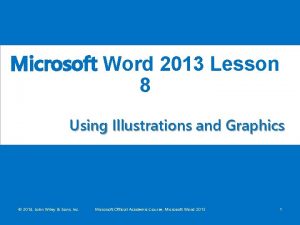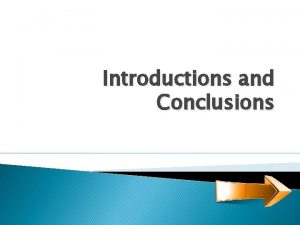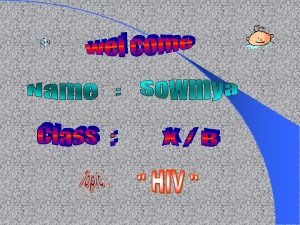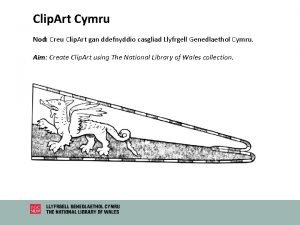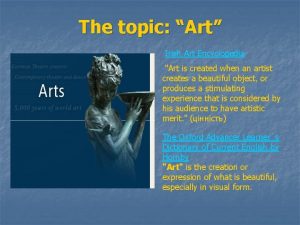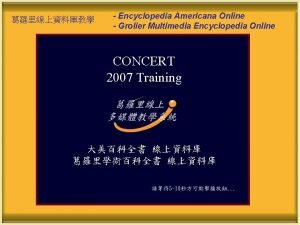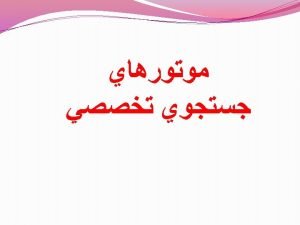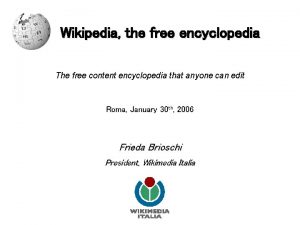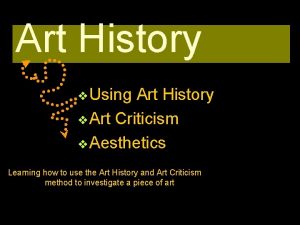Resource World History Encyclopedia Millennium Edition Clip art













- Slides: 13

Resource: World History Encyclopedia Millennium Edition Clip art source: Broderbund’s Print. Master Platinum 10

The Ancient World • 4 million years ago to 500 AD • B. C. or B. C. E. - before Christ or before the Christian Era • A. D. - Anno Domini, in the year of the Lord • 2. 5 million years ago man’s earliest ancestors appeared in Africa • 5000 B. C. - the world’s first civilizations began to appear

Big Advances • 2. 5 -2 million years BC- tools are made • 8000 BC- farming begins and first towns appear • 5000 BC- world’s first civilizations appear • Civilization Characteristics: cities, government, religion, social structure, writing and art/technology.

Location

Sequence of Civilizations § 5000 - 3100 B. C. - different cultures appear along the Nile River § 3000 B. C. - farming settlements appear around the Indus River valley § 2205 B. C. - families called dynasties rule China: Yellow River; Yangtze River § 2000 B. C. - settlements along Indus River and the Ganges River.

Ancient Egypt • Gift of the Nile • Lower and Upper Egypt • 3100 BC- King Menes united the two kingdoms • 1554 BC- Pharaoh title is used.

Ancient Egypt Government • Viziers- two appointed officials to help rule and collect taxes • 42 nomes- governed by nomarchs • Officials headed state departments like Royal Works

Egyptian Beliefs • Life after death • The soul had to pass several ordeals to make it to a better world. • Body had to be intact for after world.

Indus Valley Civilization • The Indus Valley Civilization was larger than Egypt. • Harappa and Mohenjo Daro were major cities. • Highly organized trade system • Cities were laid out on a grid system. • The houses were made of mud brick and had bathrooms and a drainage system.

Ancient China • Located among three major rivers- Chang Jiang, Xi Jiang, and Huang He • Irrigation was used. • Ruled by a series of families (dynasties) • 221 BC Shi Huangdi unites China and forms Qin dynasty • Shi Huangdi is the first emperor of China.

Ancient China • Shi Huangdi changed the government and standardized money, weights, and measures. • The Great Wall of China was built between 214 and 204 BC in the north to keep out the Huns. • The Wall areas more than 1, 400 miles long.

Ancient Chinese Culture • Chinese nobles watched the Great Wall being constructed. • Convicted criminals and peasants constructed the wall. • Chinese civil service was based on the beliefs of Confucius.

Mesopotamia • Tigris River • Euphrates River • Fertile Crescent (land between two rivers) • Theocracy • City-States
